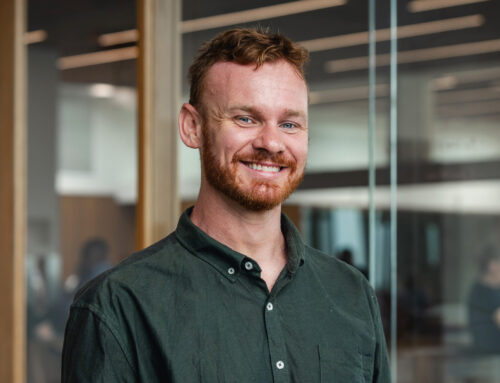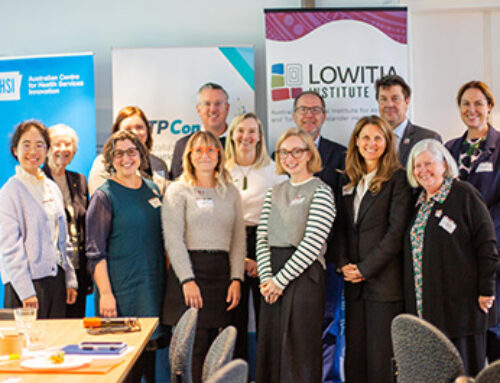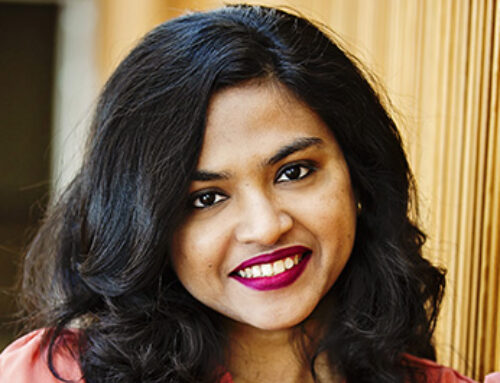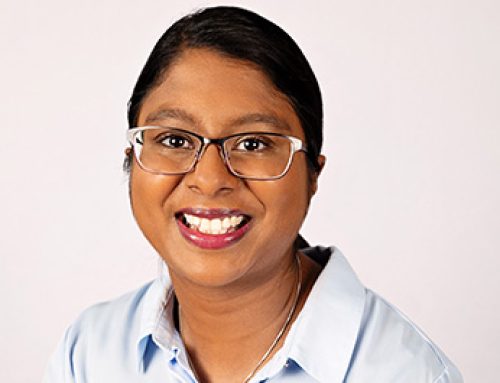Lighting the way to better oral health access in regional Queensland
By Chaminda Jayasekara, AusHSI PhD Scholar
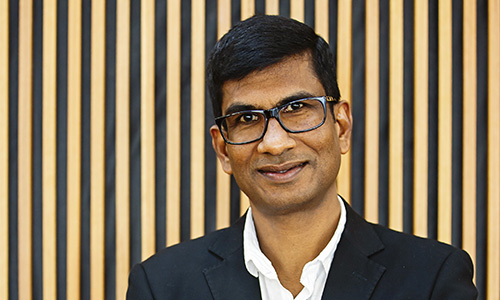
For most of my career, I have worked as a dentist and healthcare manager in regional parts of Sri Lanka. This experience has given me an insider’s insight into the challenges communities face in accessing dental services, especially for people living further away from urban centres. Now, through my PhD research project in Australia, I am unpacking these pressing challenges in a new context: regional Queensland.
Australia is globally recognised for its effective healthcare system. Yet, when it comes to dental care, the story isn’t quite as positive – especially for adults in regional and low-income communities. In these areas, tooth decay and gum disease are far more common, yet access to public dental services remains frustratingly limited. This imbalance raises a critical question that drives my research: How can we improve access to adult public dental services in regional Queensland by better supporting the people who provide these services?
Just outside Brisbane in West Moreton, a multicultural region whose residents include First Nations and multilingual communities, public dental services are available to low-income adults. Yet many community members still face major hurdles in accessing dental care, including long waitlists, workforce shortages, travel challenges and financial strain. Over half the population experiences high socio-economic disadvantage, and with an aging population comes greater oral health care needs. Compounding these challenges is the difficulty of attracting and retaining a dental workforce – those who provide the care in regional communities.
My PhD project takes a workforce focused approach to tackling the persistent challenges in providing dental care in regional contexts. Using qualitative methodologies, the research is planned in a few critical stages, each designed to bring us closer to practical, lasting solutions.
Learning from current evidence
My research project began with a review of existing evidence around strategies that have improved access to oral health for Australian adults. What has worked? What hasn’t? What gaps remain?
Listening to the frontline
Through interviews with public-sector oral health workers, I am currently examining the real-world challenges this workforce faces. These context-specific insights will reveal the local barriers and opportunities that exist in accessing public dental care in regional Queensland, which will be mapped using an implementation science framework.
Co-designing solutions
I will collaborate with clinicians, dental support staff and the administrative workers to co-design practical interventions to help overcome the issues that have been identified. These ideas won’t come from implementation science theory alone; they will be grounded in the lived experiences of those delivering care every day, ensuring our solutions are relevant and actionable.
Planning for real-world impact
I will collaboratively develop a realistic implementation plan for these co-designed interventions that aligns with local priorities and available resources. By engaging key decision-makers, I aim to create a clear pathway to change that can be sustained long term, incorporating solutions and implementation strategies that have been collectively agreed on, and makes a contribution that will improve people’s access to adult public dental services in regional Queensland.
At the heart of this PhD journey is a simple but pressing belief: oral health is essential to overall well-being and everyone, regardless of where they live, deserves access to quality care. With the guidance of my wonderful supervisory team, which includes Dr. Sundresan Naicker, A/Prof. Christina Malatzky, Dr. Nicolie Jenkins, Dr. Kelly McGowan and Dr. Alexia Rohde, I’m working to generate a roadmap for change. In the long run, we hope to help people smile a little brighter and live a little healthier.



